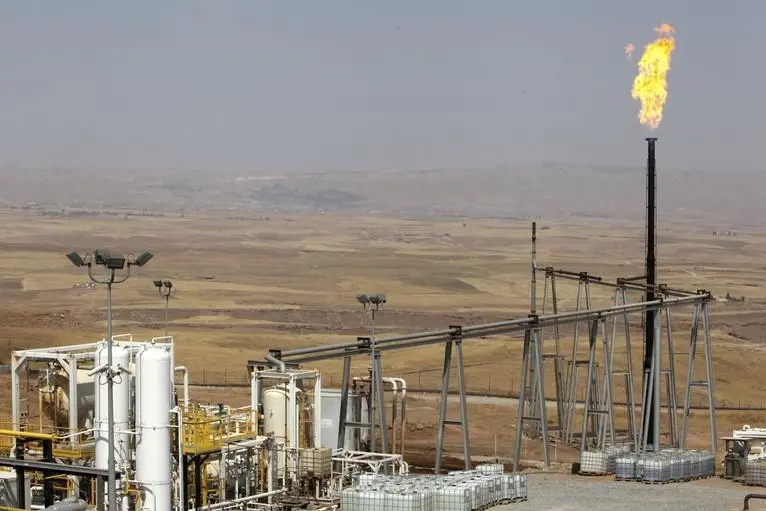PHOTO
By Ahmed Rasheed and John Davison
BAGHDAD, Jan 9 (Reuters) - Oil exports from Iraq's southern Basra ports reached a record high of 3.51 million barrels per day (bpd) in December, the oil ministry said on Monday.
However, Iraq's Oil Minister Jabar Ali al-Luaibi said the unprecedentedly high exports from the south would not affect Iraq's decision to lower production in January in line with an OPEC agreement, according to a ministry statement.
Luaibi welcomed what he said were "improved prices" of oil resulting from the OPEC decision.
The Organization of the Petroleum Exporting Countries (OPEC)agreed in November to cut output by 1.2 million barrels per day from January 2017 to support prices.
Iraq, OPEC's second-largest producer, said it would reduce output by 200,000 bpd to 4.351 million bpd.
However, it increased Basra crude supplies for January to its customers in Asia after cutting prices to three-month lows, traders have said, meaning it would have to cut exports from the north to comply with the OPEC agreement.
The oil ministry said in a separate statement that Luaibi had discussed with Turkey the resumption of exports to Iraq's northern neighbour via a pipeline beginning in Kirkuk, once Islamic State is driven out of northern Iraq's Nineveh province.
It did not say plans for this were underway, however.
The 600,000 bpd pipeline went offline in March 2014 following insurgent attacks, forcing Baghdad to use a route that passes through areas controlled by the autonomous Kurdish regional government in northern Iraq (KRG).
Oil exports from the Kurdish region have long been a point of contention with Baghdad, which claims sole authority over sales of all the country's crude.
The Kurds built their own oil pipeline to Turkey and began exporting oil via Turkey without Baghdad's approval in 2013.
Iraq's Prime Minister Haider al-Abadi said recently the Kurdish region is exporting more than its allocated share of oil.
Iraqi crude exports hit an all-time high of 4.051 million bpd in November with production at near record levels of 4.8 million bpd.
Reliant on oil sales for most of its income, Iraq had resisted production cuts, saying it needed revenue to fund a war against Islamic State militants who seized a third of the country's territory in 2014.
But it accepted a lower production reference level as part of the OPEC deal that estimated its output at 4.561 million bpd.
(Reporting by Ahmed Rasheed and John Davison; Editing by Tom Hogue and Dominic Evans) ((John.Davison@thomsonreuters.com;))





















